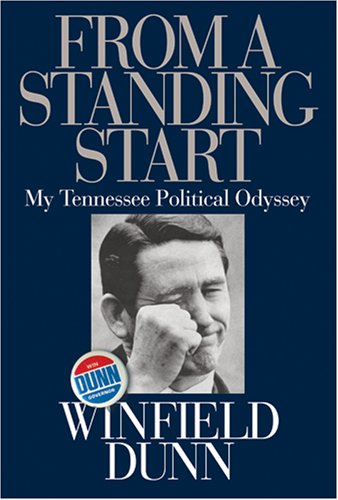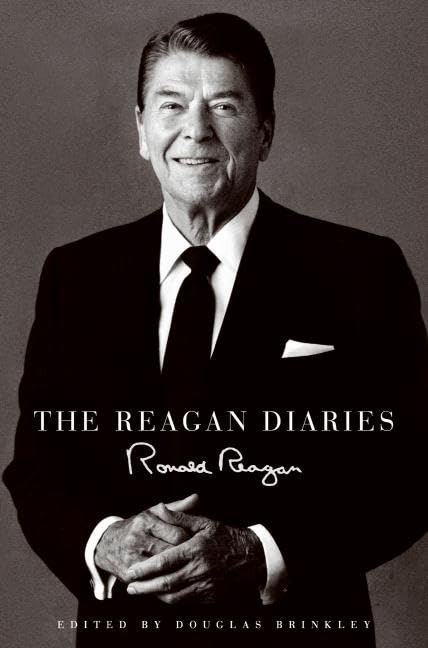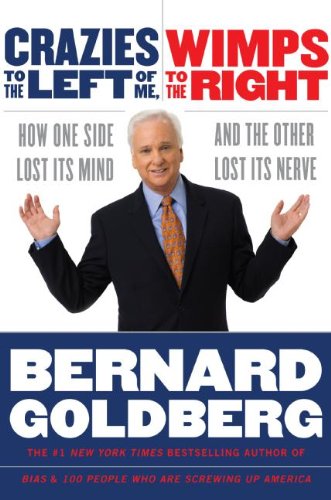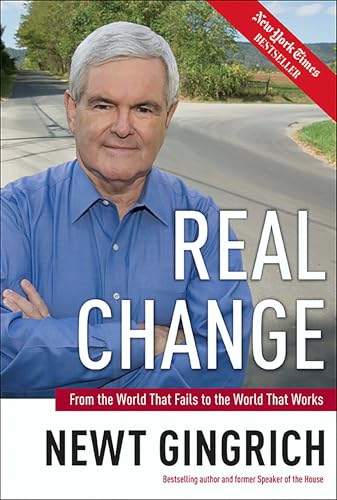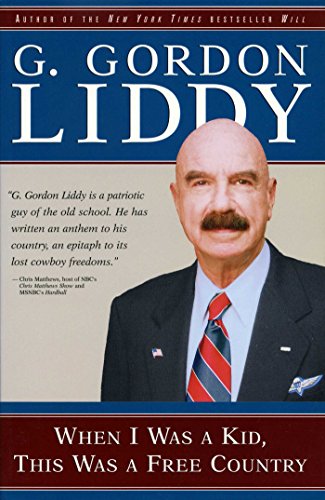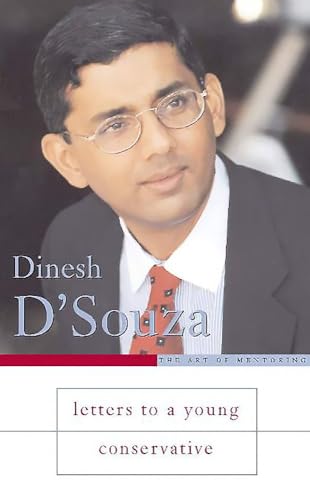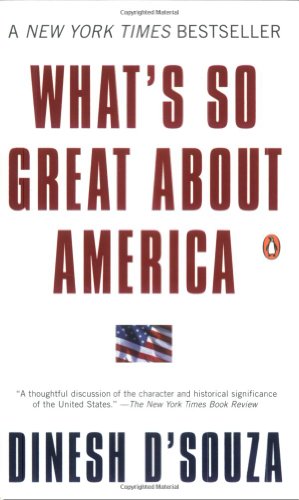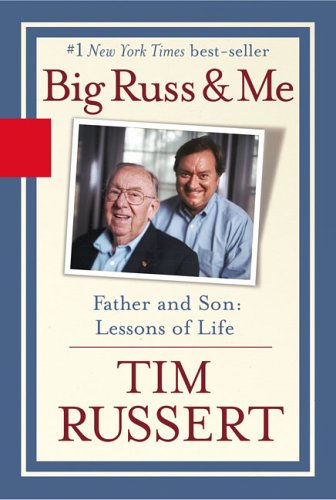best of politics
Explore the best books on politics—curated list of must-read titles covering political theory, history, and leadership. Ideal for students and enthusiasts.

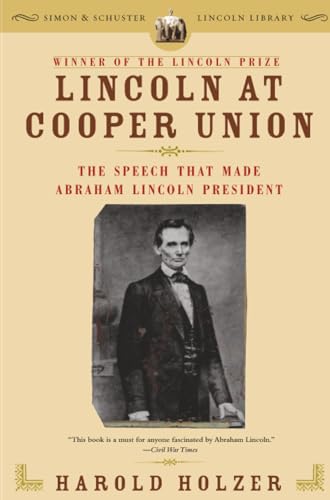
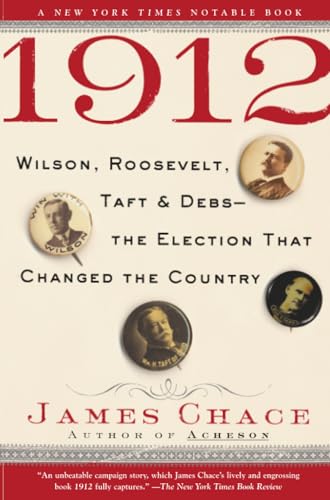
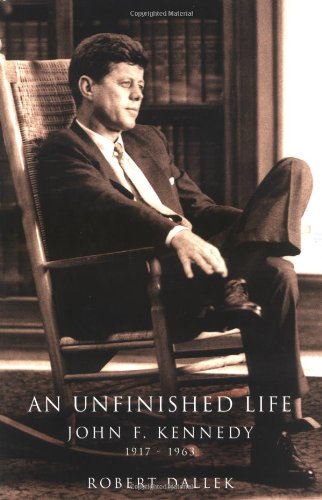


Book
The Path to Power
by Robert A. Caro
The Years of Lyndon Johnson is the political biography of our time. No president—no era of American politics—has been so intensively and sharply examined at a time when so many prime witnesses to hitherto untold or misinterpreted facets of a life, a career, and a period of history could still be persuaded to speak. The Path to Power, Book One, reveals in extraordinary detail the genesis of the almost superhuman drive, energy, and urge to power that set LBJ apart. Chronicling the startling early emergence of Johnson’s political genius, it follows him from his Texas boyhood through the years of the Depression in the Texas hill Country to the triumph of his congressional debut in New Deal Washington, to his heartbreaking defeat in his first race for the Senate, and his attainment, nonetheless, of the national power for which he hungered. We see in him, from earliest childhood, a fierce, unquenchable necessity to be first, to win, to dominate—coupled with a limitless capacity for hard, unceasing labor in the service of his own ambition. Caro shows us the big, gangling, awkward young Lyndon—raised in one of the country’s most desperately poor and isolated areas, his education mediocre at best, his pride stung by his father’s slide into failure and financial ruin—lunging for success, moving inexorably toward that ultimate “impossible” goal that he sets for himself years before any friend or enemy suspects what it may be. We watch him, while still at college, instinctively (and ruthlessly) creating the beginnings of the political machine that was to serve him for three decades. We see him employing his extraordinary ability to mesmerize and manipulate powerful older men, to mesmerize (and sometimes almost enslave) useful subordinates. We see him carrying out, before his thirtieth year, his first great political inspiration: tapping-and becoming the political conduit for-the money and influence of the new oil men and contractors who were to grow with him to immense power. We follow, close up, the radical fluctuations of his relationships with the formidable “Mr. Sam” Raybum (who loved him like a son and whom he betrayed) and with FDR himself. And we follow the dramas of his emotional life-the intensities and complications of his relationships with his family, his contemporaries, his girls; his wooing and winning of the shy Lady Bird; his secret love affair, over many years, with the mistress of one of his most ardent and generous supporters . . . Johnson driving his people to the point of exhausted tears, equally merciless with himself . . . Johnson bullying, cajoling, lying, yet inspiring an amazing loyalty . . . Johnson maneuvering to dethrone the unassailable old Jack Garner (then Vice President of the United States) as the New Deal’s “connection” in Texas, and seize the power himself . . . Johnson raging . . . Johnson hugging . . . Johnson bringing light and, indeed, life to the worn Hill Country farmers and their old-at-thirty wives via the district’s first electric lines. We see him at once unscrupulous, admirable, treacherous, devoted. And we see the country that bred him: the harshness and “nauseating loneliness” of the rural life; the tragic panorama of the Depression; the sudden glow of hope at the dawn of the Age of Roosevelt. And always, in the foreground, on the move, LBJ. Here is Lyndon Johnson—his Texas, his Washington, his America—in a book that brings us as close as we have ever been to a true perception of political genius and the American political process.

Book
Means of Ascent
by Robert A. Caro
In Means of Ascent, Book Two of The Years of Lyndon Johnson, Robert A. Caro brings alive Lyndon Johnson in his wilderness years. Here, Johnson’s almost mythic personality—part genius, part behemoth, at once hotly emotional and icily calculating—is seen at its most nakedly ambitious. This multifaceted book carries the President-to-be from the aftermath of his devastating defeat in his 1941 campaign for the Senate-the despair it engendered in him, and the grueling test of his spirit that followed as political doors slammed shut-through his service in World War II (and his artful embellishment of his record) to the foundation of his fortune (and the actual facts behind the myth he created about it). The culminating drama—the explosive heart of the book—is Caro’s illumination, based on extraordinarily detailed investigation, of one of the great political mysteries of the century. Having immersed himself in Johnson’s life and world, Caro is able to reveal the true story of the fiercely contested 1948 senatorial election, for years shrouded in rumor, which Johnson was not believed capable of winning, which he “had to” win or face certain political death, and which he did win-by 87 votes, the “87 votes that changed history.” Telling that epic story “in riveting and eye-opening detail,” Caro returns to the American consciousness a magnificent lost hero. He focuses closely not only on Johnson, whom we see harnessing every last particle of his strategic brilliance and energy, but on Johnson’s “unbeatable” opponent, the beloved former Texas Governor Coke Stevenson, who embodied in his own life the myth of the cowboy knight and was himself a legend for his unfaltering integrity. And ultimately, as the political duel between the two men quickens—carrying with it all the confrontational and moral drama of the perfect Western—Caro makes us witness to a momentous turning point in American politics: the tragic last stand of the old politics versus the new—the politics of issue versus the politics of image, mass manipulation, money and electronic dazzle.

Book
Master of the Senate
by Robert A. Caro
Master of the Senate, Book Three of The Years of Lyndon Johnson, carries Johnson’s story through one of its most remarkable periods: his twelve years, from 1949 to 1960, in the United States Senate. At the heart of the book is its unprecedented revelation of how legislative power works in America, how the Senate works, and how Johnson, in his ascent to the presidency, mastered the Senate as no political leader before him had ever done. It was during these years that all Johnson’s experience—from his Texas Hill Country boyhood to his passionate representation in Congress of his hardscrabble constituents to his tireless construction of a political machine—came to fruition. Caro introduces the story with a dramatic account of the Senate itself: how Daniel Webster, Henry Clay, and John C. Calhoun had made it the center of governmental energy, the forum in which the great issues of the country were thrashed out. And how, by the time Johnson arrived, it had dwindled into a body that merely responded to executive initiatives, all but impervious to the forces of change. Caro anatomizes the genius for political strategy and tactics by which, in an institution that had made the seniority system all-powerful for a century and more, Johnson became Majority Leader after only a single term-the youngest and greatest Senate Leader in our history; how he manipulated the Senate’s hallowed rules and customs and the weaknesses and strengths of his colleagues to change the “unchangeable” Senate from a loose confederation of sovereign senators to a whirring legislative machine under his own iron-fisted control. Caro demonstrates how Johnson’s political genius enabled him to reconcile the unreconcilable: to retain the support of the southerners who controlled the Senate while earning the trust—or at least the cooperation—of the liberals, led by Paul Douglas and Hubert Humphrey, without whom he could not achieve his goal of winning the presidency. He shows the dark side of Johnson’s ambition: how he proved his loyalty to the great oil barons who had financed his rise to power by ruthlessly destroying the career of the New Dealer who was in charge of regulating them, Federal Power Commission Chairman Leland Olds. And we watch him achieve the impossible: convincing southerners that although he was firmly in their camp as the anointed successor to their leader, Richard Russell, it was essential that they allow him to make some progress toward civil rights. In a breathtaking tour de force, Caro details Johnson’s amazing triumph in maneuvering to passage the first civil rights legislation since 1875. Master of the Senate, told with an abundance of rich detail that could only have come from Caro’s peerless research, is both a galvanizing portrait of the man himself—the titan of Capital Hill, volcanic, mesmerizing—and a definitive and revelatory study of the workings and personal and legislative power.

Book
President Nixon
by Richard Reeves
PRESIDENT NIXON shows a man alone in a White House ruled by secrets and lies, trying to impose old values at home and new balances of power everywhere in the world. Reeves proves that the Watergate scandal was no abberation in an administration foreshadowed by a series of successful uses of 'national security' to cover coups, burglaries, lies, the abandonment of America's allies - and even murder. Reeves portrays a man of vision and iron will who created, used and was used by a small cast of hard, ambitious men who formed a poisonous circle around their insecure leader. Alone, Nixon challenged and changed the world's political and military balance while also plotting to destroy both the Democratic and Republican parties in an attempt to create secretly a new party of the centre. This account of Nixon's stewardship will stand as the balanced, authoratative portrait of an astonishng president and his ruined presidency.

Book
The Fifties
by David Halberstam
The Fifties is a sweeping social, political, economic, and cultural history of the ten years that Halberstam regards as seminal in determining what our nation is today. Halberstam offers portraits of not only the titans of the age: Eisenhower Dulles, Oppenheimer, MacArthur, Hoover, and Nixon, but also of Harley Earl, who put fins on cars; Dick and Mac McDonald and Ray Kroc, who mass-produced the American hamburger; Kemmons Wilson, who placed his Holiday Inns along the nation's roadsides; U-2 pilot Gary Francis Powers; Grace Metalious, who wrote Peyton Place; and "Goody" Pincus, who led the team that invented the Pill. A NEW YORK TIMES BESTSELLER

